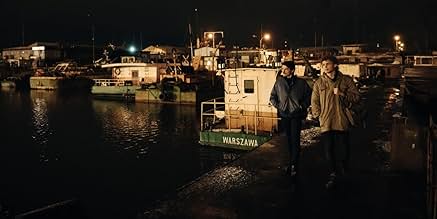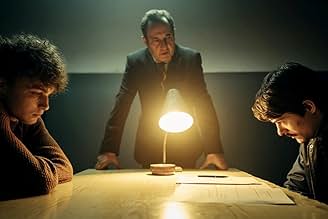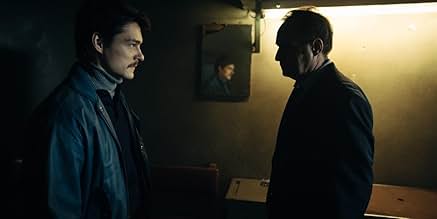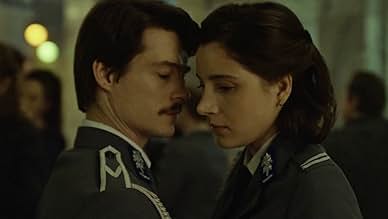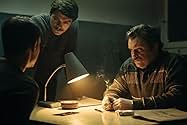!980's Poland. The cracks in the repressive system are showing everywhere. This is a time when Solidarity, the trade union becomes a force to reckon with. The era of ideals has long gone, nobody believes in the Communist "paradise", least of all communists themselves. All that's left is naked repression. And they certainly knew how to repress. Among many other monstrous ideas was to make list of known homosexuals and force them into collaboration. "Operation Hyacinth" is an impeccably done film-noir. The set-up might be quite familiar, lone wolf policeman fighting for justice, but this drab, gray world of the Iron Curtain Poland is starting to shift and change giving a glimpse of things to come. Long path from Communism to ultra-catholic right-wing nationalism might seem like a colossal waste of time, but the bare fact of this movie being made, shows that better things are coming. The old repression didn't win in the end, the new one will fail too. Sooner or later.


